Greetings! ScoreKeeper here brandishing my list of ten high-powered film scores deemed by yours truly to be the best of 2008. I’m fond of these end-of-the-year lists as it catalyzes hearty and heady discussions of film music, cinema, and everything else in between.
Looking back, I believe 2008 was an above-average year for film music. Individual masterpieces were down but the overall quality of great film music created a rather swollen bell-curve. As is typical with these sorts of things, I know there are scores that I have yet to discover that could and should be among my top ten. Regardless, from the orgy of film music I relished in 2008, these ten stand out most prominently to me.
Enough of the gab. I’ve got to get a head start on 2009!
T-minus ten and counting…
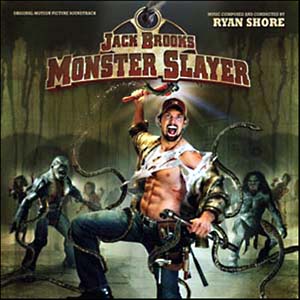
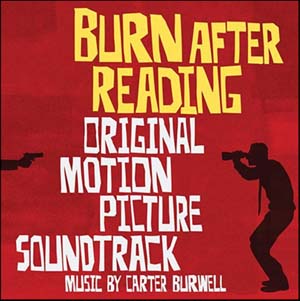
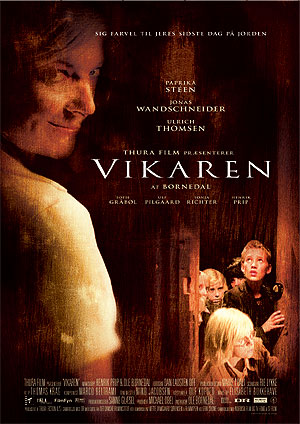
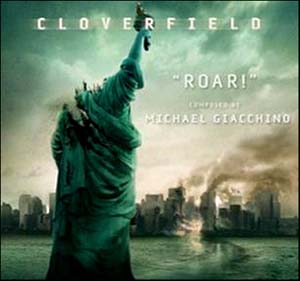
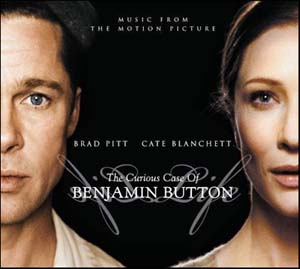
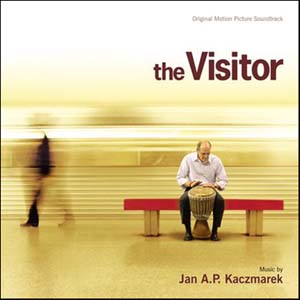
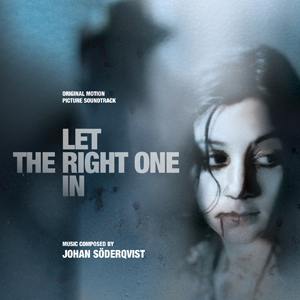
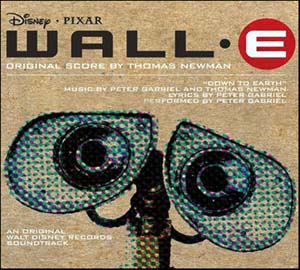
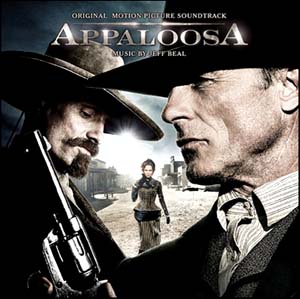
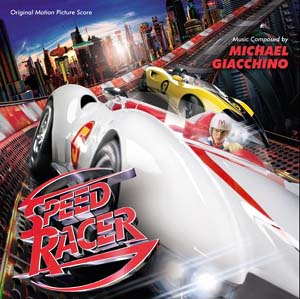
ScoreKeeper!!!










